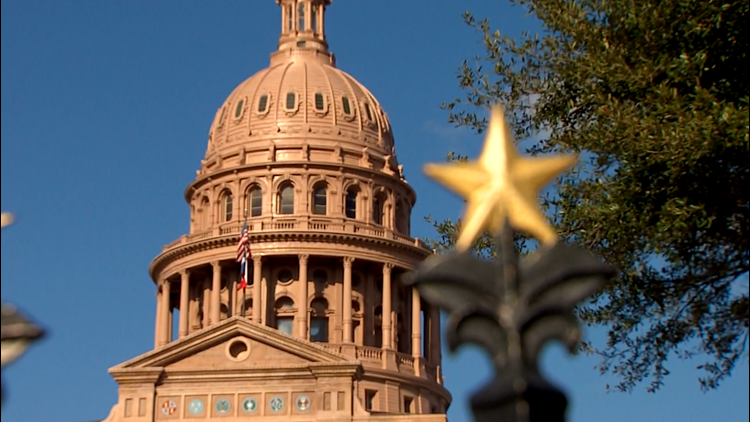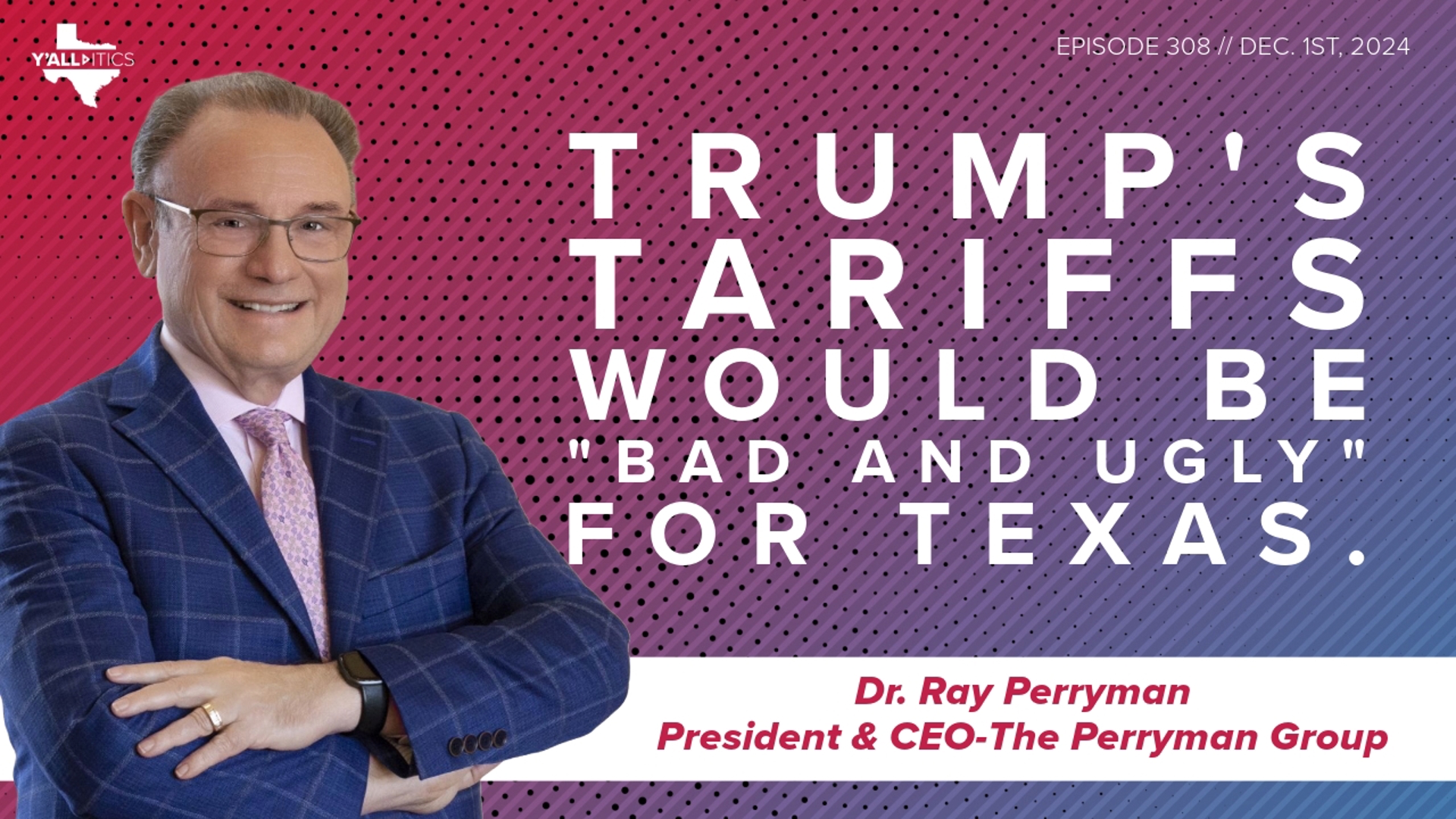DALLAS — There may not be an elected official in all of Texas that lawmakers and politicians would be happier to see these days.
“Yeah, probably these days a little more popular than I used to be, when you have dollars of this amount, that’s for sure,” Glen Hegar said on Y’all-itics.
And Hegar, Texas’ comptroller, is sitting on a big pile of cash. The state’s chief financial officer told lawmakers last month they would need to decide what to do with an extra $27 billion, thanks to record revenue increases over the last 12-18 months.
“Every single stream of revenue into the treasury of tax collections is up, higher than anticipated, with the exception is one is not higher, and I don't know if anybody is necessarily crying over it, that’s cigarette taxes. So, that's the only one that's down,” Hegar told Y'all-itics.
There are a couple of main drivers behind the windfall revenue: higher property values leading to more property taxes and inflation, which has also inflated the state bank account through increased sales taxes as we pay more for goods and services.
While it may seem like good news all around, Hegar says there is a caveat.
“When you and I pay more, yes, the state derives more revenues and taxes, but also on the flip side, it means that, guess what, the state of Texas has higher expenses as well,” the Republican said.
Listen to the latest episodes of Y'all-itics here:
In other words, because of inflationary pressure, and even lingering supply chain issues, it costs more for the state of Texas to do things like build roads and pay salaries.
Still, Texans can rightly wonder if they might see a tax refund.
While lawmakers are still deciding what to do on a statewide level, local governments are already pushing property tax cuts, as municipalities also enjoy significant jumps in revenue.
The city of Fort Worth is proposing a 2-cent property tax reduction to $71.25 per $100 assessed valuation.
And the city of Dallas’ proposed budget is $4.5 Billion this year, $160 Million more than the budget Council adopted last year. It would lower the property tax rate by nearly 3-cents to $74.58 per $100 valuation.
“We’ve had over a 15% increase here in Dallas on our property tax and over 11% increase in the sales tax numbers as that comes in,” McGough said on Inside Texas Politics. “So, quite a bit of additional funding, at least from previous years, to allocate to all of the services that the city offers.”



